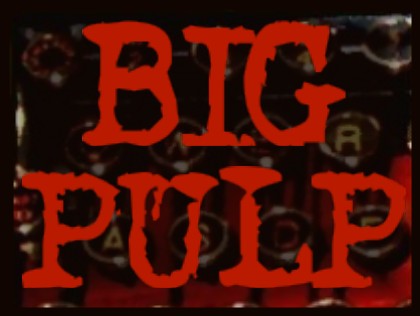Her first submission log was a bag she'd sewn from a jeans pants-leg and then affixed with an iron-on image of an old-fashioned girl. Here is where she collected all her rejection letters. Likely the bag is still being stored by her mother, in her old bedroom, in a box full of other rejection letters and notebooks. No doubt, for a keepsake, this is a lovely way to keep no-track-whatsoever of the writing you have submitted for publication.
Typically, she uses a spreadsheet to track the submissions. She finds it best to keep everything as simple as possible so that she's more likely to use the log/calendar.
She places the date submitted in the story column and highlights it. This is also helpful for tracking the last time she did a large batch, and it's easier to compare response times of journals.
Until a magazine rejects a story, she keeps the row in bold.
When a magazine accepts the story, she highlights the row in purple.
Why keep a submission log for writing?
Typically, she uses a spreadsheet to track the submissions. She finds it best to keep everything as simple as possible so that she's more likely to use the log/calendar.
| Story | Magazine | Submission Type | Notes to Self | Date Replied |
|---|---|---|---|---|
| 11/12/11 | ||||
| Every Road | New Fangled Review | submishmash - pdf from August 2010 folder | query after four months | 11-13-11, form letter, don't send again, response too quick |
| Every Road | Next Journal | email to editor, Jane Doe | pays penny/word | |
| The Snow-Cone Stand | Lulu Story Contest | Contest requires e-book creation, uploaded on site | mid dec results announced |
She places the date submitted in the story column and highlights it. This is also helpful for tracking the last time she did a large batch, and it's easier to compare response times of journals.
Until a magazine rejects a story, she keeps the row in bold.
When a magazine accepts the story, she highlights the row in purple.
Why keep a submission log for writing?
- To know when it's time to query about a submission that's been held longer than the magazine's stated response time.
- To have the information necessary to write a professional query, e.g. I'm checking on the status of my story, "The X to the Y", which I submitted on such-and-such date.
- If you're a gambler, to keep track of how much money drained in contest entry-fees.
- To keep track of postage, envelopes, paper for tax purposes (or in hopes that one day these can be claimed on taxes)
- To keep track of writing; for example, sometimes she'll subconsciously give up on a story, forget about it, then find its title in the submission calendar
- To rally one's spirits or realize that the number of a rejections a piece of writing has had may mean you need to open it up for revision.
- To keep track of editors - a cordial or personal note from an editor means that, even if rejected, this is a person you would want to work with in the future and, thus, to submit to again.
For an article regarding rejections,
how to interpret them, and
the current situation
with online rejections,






